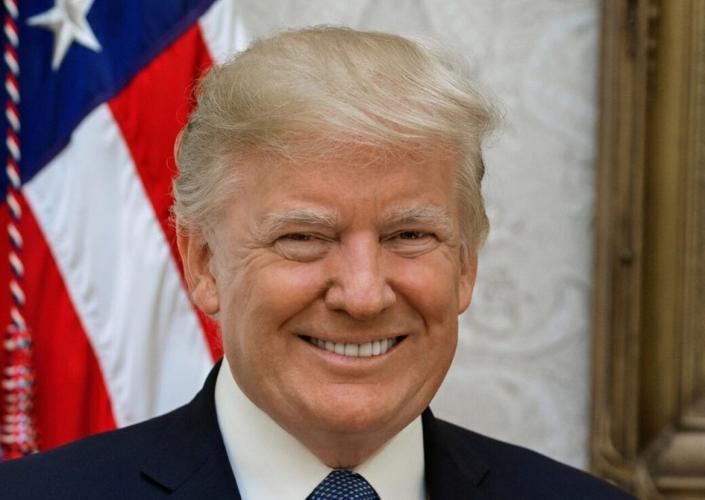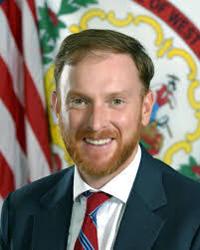
President Donald Trump
WASHINGTON – In a victory for the Trump administration, the U.S. Supreme Court limited the power of district judges to issue injunctions blocking federal government policies.
The ruling issued June 27 limits the ability of individual federal judges to block Trump’s birthright citizenship order nationwide. The 6-3 vote went along ideological lines.
The court said federal judges can, in most cases, only grant relief to the individuals or groups bringing a particular lawsuit. The decisions can’t be extended to others without converting the lawsuit into a class action.
“The universal injunction was conspicuously nonexistent for most of our nation’s history,” Justice Amy Coney Barrett wrote for the majority.
The ruling followed three lawsuits in which federal judges granted nationwide injunctions against a Trump executive order to deny citizenship to children born in the United States to foreigners in the country on short-term visas or illegally. The Supreme Court did not rule on the constitutionality of Trump’s executive order.
Also, state governments still could gain nationwide relief from such orders with lawsuits. Barrett said that could be necessary for complete relief for states, and she said the court intentionally declined to answer that questions to allow lower courts to consider it.
“The court’s decision to permit the executive to violate the Constitution with respect to anyone who has not yet sued is an existential threat to the rule of law,” Justice Ketanji Brown Jackson wrote in her dissent.

McCuskey
West Virginia Attorney General J.B. McCuskey hailed the ruling.
“This is a monumental victory for the rule of law and the preservation of public trust in the judicial system,” McCuskey said. “West Virginia led the charge to restore the proper balance of power, and the Supreme Court agreed with our arguments.
“We argued that these so-called universal injunctions go beyond the equitable powers given to federal courts by federal statutes and the Constitution. When federal courts exceed their powers, it threatens the legitimacy of the judiciary.”
McCuskey said individual federal judges had seized unprecedented power to interrupt government policies across all 50 states through universal injunctions.
Universal injunctions have been a hotly contested issue since the 1990s, and the issue has exploded in recent years. This has resulted to cases in which plaintiffs would shop for judges sympathetic to their case.
In Trump’s first term, federal courts issued more than 50 universal injunctions against his policies, more than were issued during both the Bush and Obama administrations combined. And federal courts have issued more than 15 universal injunctions against Trump’s policies this year.
McCuskey’s amicus brief said universal injunctions exceed statutory and constitutional limits by providing relief beyond actual parties to the case. It said equitable remedies should be tailored to redress specific plaintiffs’ injuries, not provide universal relief. Beyond that, it said universal injunctions give courts inappropriate supervisory power over the executive and legislative branches.
Today’s ruling immediately affects many pending cases nationwide and prevents future judicial overreach.
“Courts may decide that laws or executive actions are unconstitutional,” McCuskey said. “That’s part of their job. But the answer isn’t for courts to exceed their own powers. They must decide those questions in the context of the particular facts and parties before them. This victory protects both conservative and liberal policies from judicial sabotage.
“Whether you’re Republican or Democrat, unelected judges exerting veto powers over legislation should terrify you. We are a government of laws, not men. Today’s decision restores legitimacy to the courts and hopefully gets politics out of the courtroom.”
The president of the nonprofit Campaign Legal Center said the ruling limits the power of the judiciary in favor of executive power at the expense of the basic rights of Americans and, in doing so, overturned decades of precedent and sent the country “dangerously close to authoritarianism.”
“The Supreme Court’s ruling means that the judiciary will now have fewer tools to protect the constitutional rights of Americans,” said Trevor Potter, who also is a former Republican chairman of the Federal Election Commission. “When constitutional rights are at issue, these injunctions by district courts historically have promoted uniformity in the law and ensured that rights can be protected across the country until a final decision is reached on the merits.
“With this ruling, the Supreme Court has stifled lower courts from stepping in to protect all Americans when the Trump administration, or any future presidential administration, engages in unconstitutional and lawless efforts. This is a huge shift in the balance of power and should put all Americans on notice that their day-to-day rights are now at stake.
“However, while the court has significantly narrowed future pathways for relief, it has not closed them. There are indeed still pathways available via nationwide class action lawsuits and other legal remedies. Lower courts must continue the crucial work of holding the president accountable for unlawful conduct when these cases reach their courtrooms in the future.”






